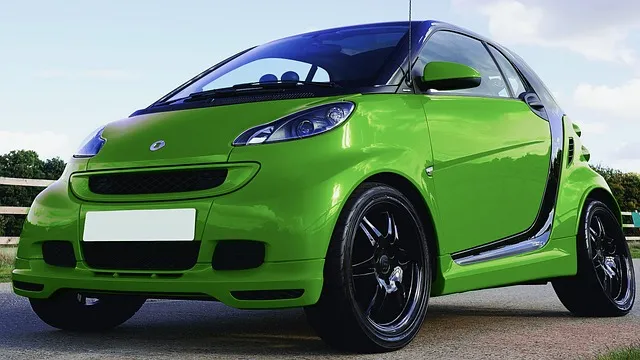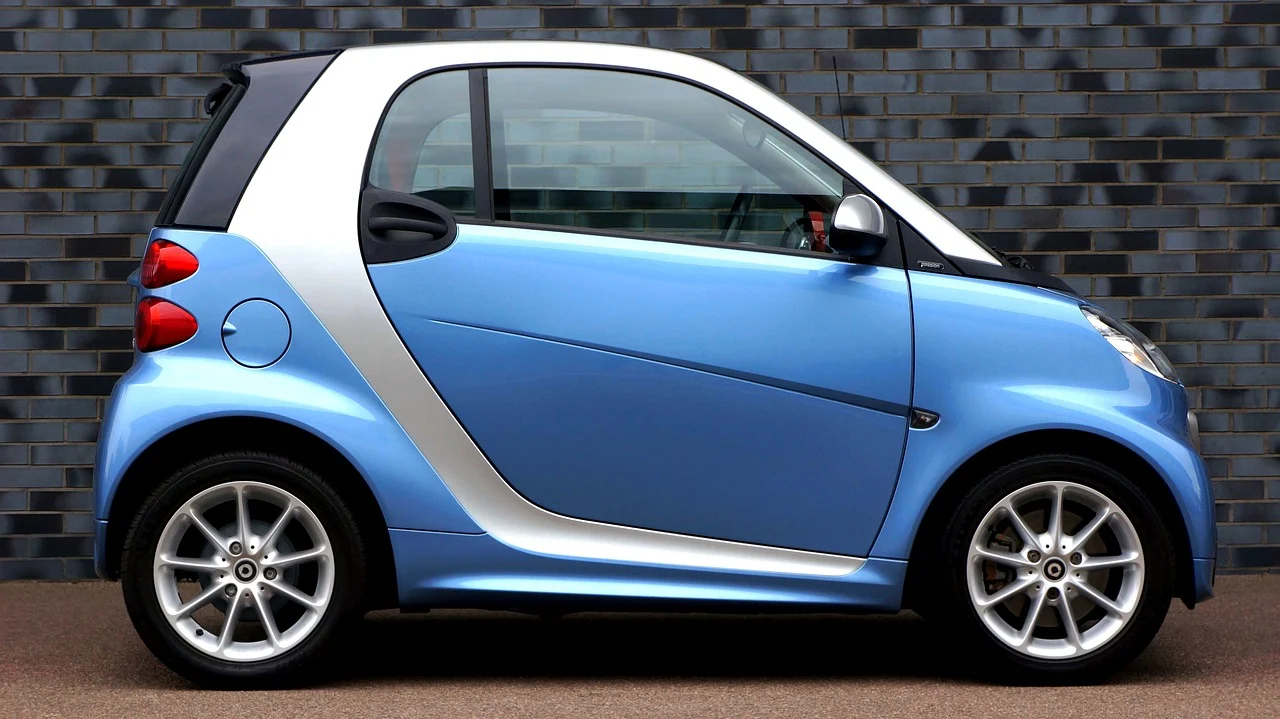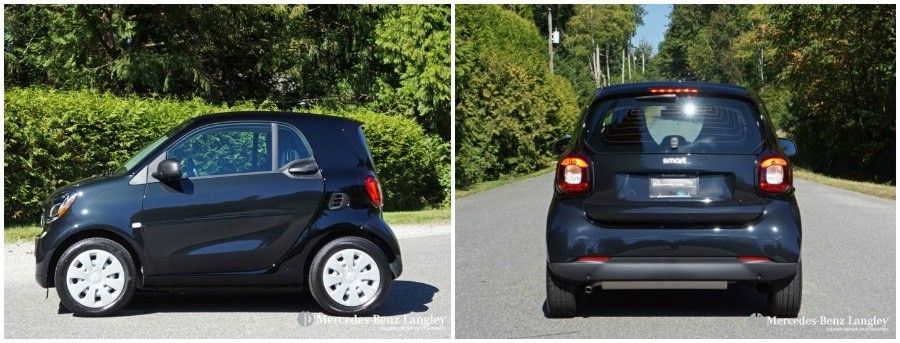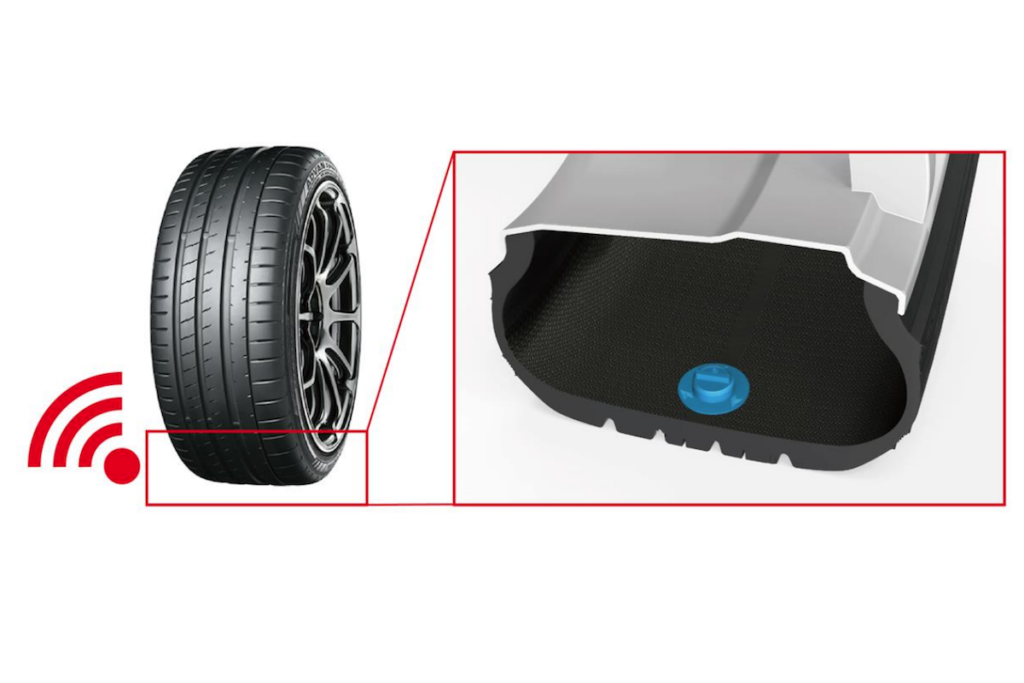Table of Contents

Research the smart world of cars! Discover how the weight of a Smart Car influences fuel efficiency, aerodynamics, and safety. Search into the science behind their compact design and learn why lighter means smarter for your wallet and the environment.
What is a Smart Car?

Smart cars are, in an all-around definition, any cars that use high-tech electronics. The word “smart car” means a model that performs excellently like our cell phones have become “smartphones.” One of the main items that makes a smart car more efficient is how greatly it weighs.
Smart cars are much more powerful than they seem to be. The National Highway Traffic Safety Administration and the Insurance Institute for Highway Safety show them high spots for their protection. A Smart car is smart as it brings the right gas mileage and costs less to guarantee.
How much does a Smart Car weigh?
Smart cars are becoming very famous as they are small and comfortable to drive. Yet, people usually like to know how much a Smart Car weighs before they purchase one.
The moderate weight of a Smart Car from the first, second, and third ages is 1550 pounds. Nevertheless, it weighs 1850 pounds, a little more than the last generation. The Smart Car is approximately 106.1 inches long and 61.4 inches broad on average. It has as well 73.5 inches between its wheels.
Smart cars were made small and lightweight for many scientifically-backed causes.
The Smart Car was made small and light to utilise less gas. Nevertheless, fuel use is influenced by how much the Smart Car weighs. Cars that are heavy use more gas than light cars.
Significance of Smart Car weight

A car’s primary purpose is to get people from one place to another. The main cause people require a vehicle is to get to their jobs. Appointments enable us to make cash to spend our bills and do other entertaining things when we’re not at work.
While this way of calling around charges money. This fee comes out of the money we earn at work. Therefore, if you prefer a smart car that doesn’t command much, the cash you make from working can go also.
The most costly part of owning a car is the gas it employs. The smart car’s weight in pounds is the primary thing that influences how much gas a car needs.
The more a car weighs, the more gas or energy it requires to move. So almost 1,550 pounds is how much the smart car weighs.
How the Weight of a Smart Car Concerns Fuel Efficiency
The weight of a Smart Car has a powerful effect on its fuel efficiency, and here’s how:
Fuel Consumption
Heavier vehicles need more energy to accelerate, hold speed, and overwhelm air and road friction resistance. When a Smart Car is heavier, it requires more energy from its engine to move, leading to enhanced fuel consumption. On the other hand, Lighter Smart Cars need less energy to work, resulting in better fuel efficiency.
Aerodynamics
The weight of a car can influence its aerodynamics. Heavier cars tend to have less streamlined designs due to the demand for additional structural reinforcement, which improves air resistance and drag. Lighter Smart Cars usually feature more aerodynamic shapes, decreasing air resistance and enhancing their capacity to glide via the air efficiently.
Braking and Acceleration
Heavier vehicles need more force to stop, improving wear and tear on the brakes. They likewise require more energy to accelerate, particularly from a standstill. Lighter Smart Cars can achieve more rapid acceleration and braking with less energy input, improving fuel efficiency.
Tire Wear

Heavier vehicles put more additional stress on their tires, forcing them to wear out faster. Lighter Smart Cars share less tire wear, which lowers rolling resistance and contributes to enhanced fuel efficiency.
Fuel Economy Ratings
Government agencies such as the Environmental Protection Agency (EPA) usually factor in vehicle weight when computing and rating fuel economy. Heavier cars commonly receive lower fuel economy ratings, which can affect consumer preferences and perceptions.
Security of a Smart Car
The weight stability of a smart car is a big piece of how secure it is. Without the smart car’s weight spread out evenly, it would be hard to manage and control the car, which could be harmful.
While the smart car’s safety components help keep people inside secure without making the car much heavier. Recognize that less weight indicates you can spend more money on gas.
There are four airbags built in to keep you secure. Built-in headrests guard against whiplash in rear-end collisions. Unfortunately, they just add a little to the weight of a smart car. Specially made bucket seats have the person in place and have the latest seat belt security features.
Wrapping Up
A Smart Car is a high-tech vehicle known for its efficiency and compact design. Weight around 1550 to 1850 pounds, it’s lightweight contributes to fuel efficiency. The car’s weight affects fuel consumption, aerodynamics, braking, tire wear, and safety. Smart Cars prioritize safety with airbags, headrests, and specialized seats. Despite its small size, a Smart Car delivers on performance and safety.
For More Information Please Visit These Websites Mindmeister
Insightful piece
Excellent write-up
great article